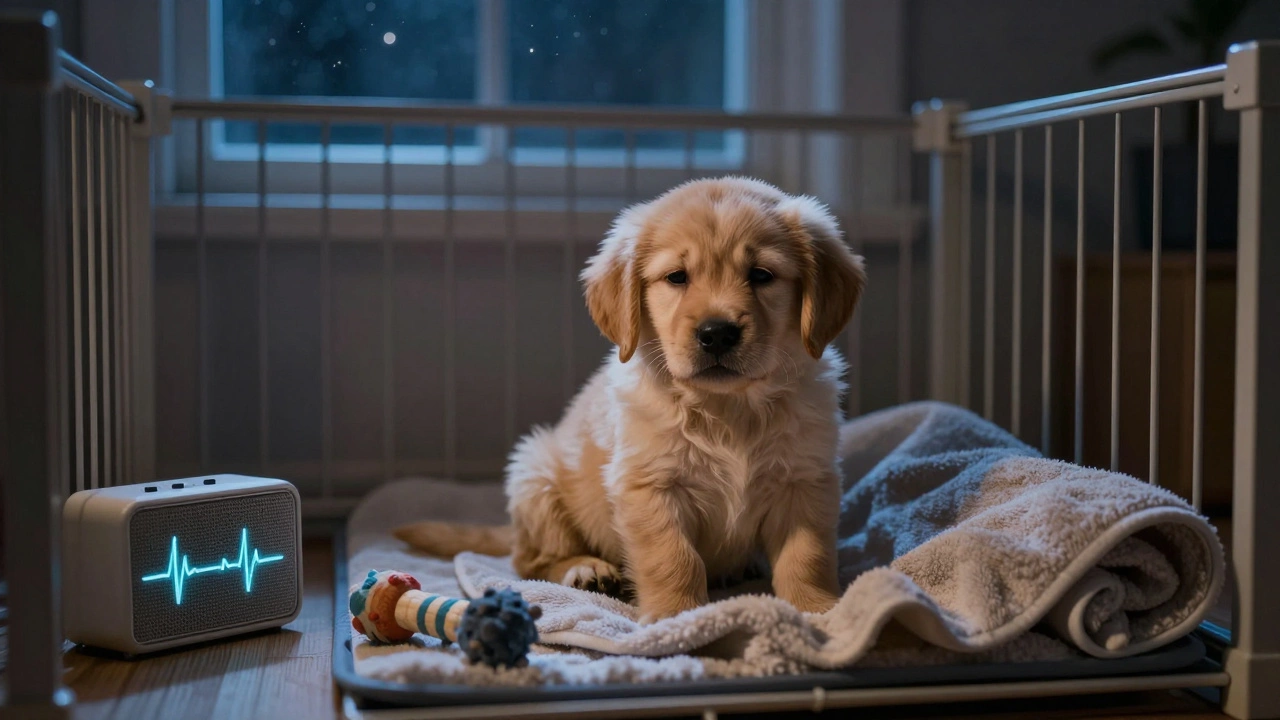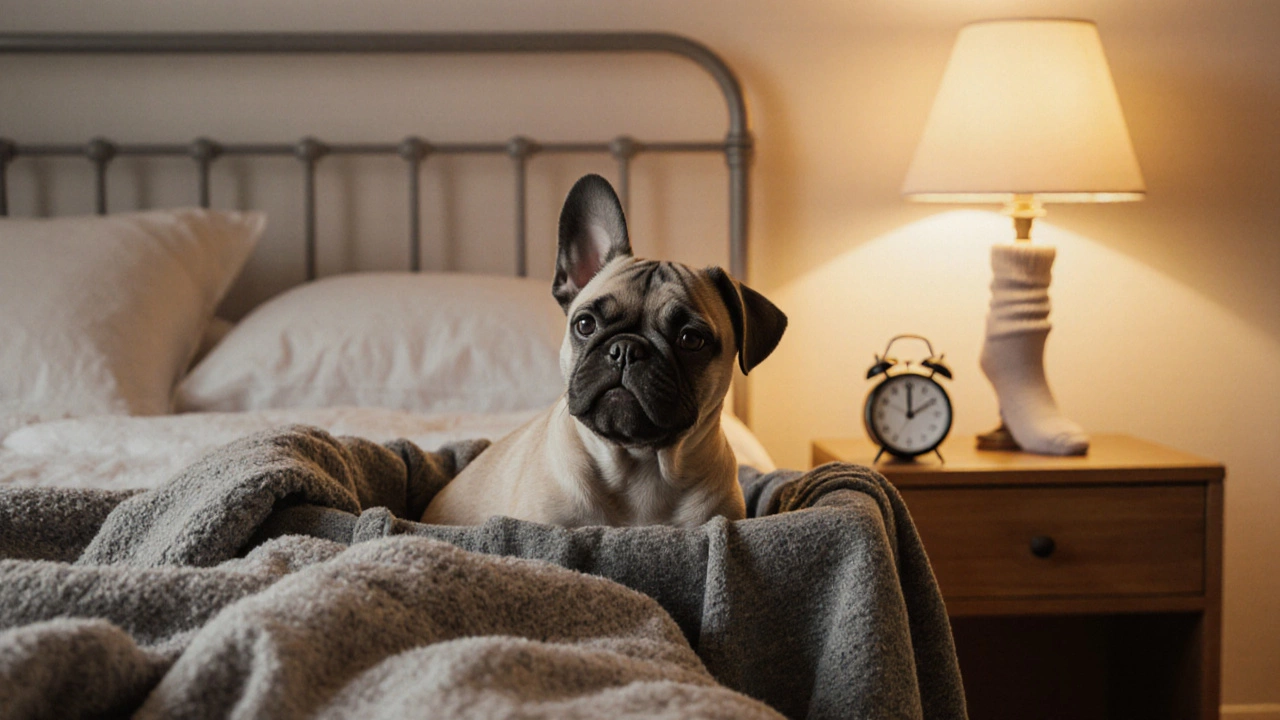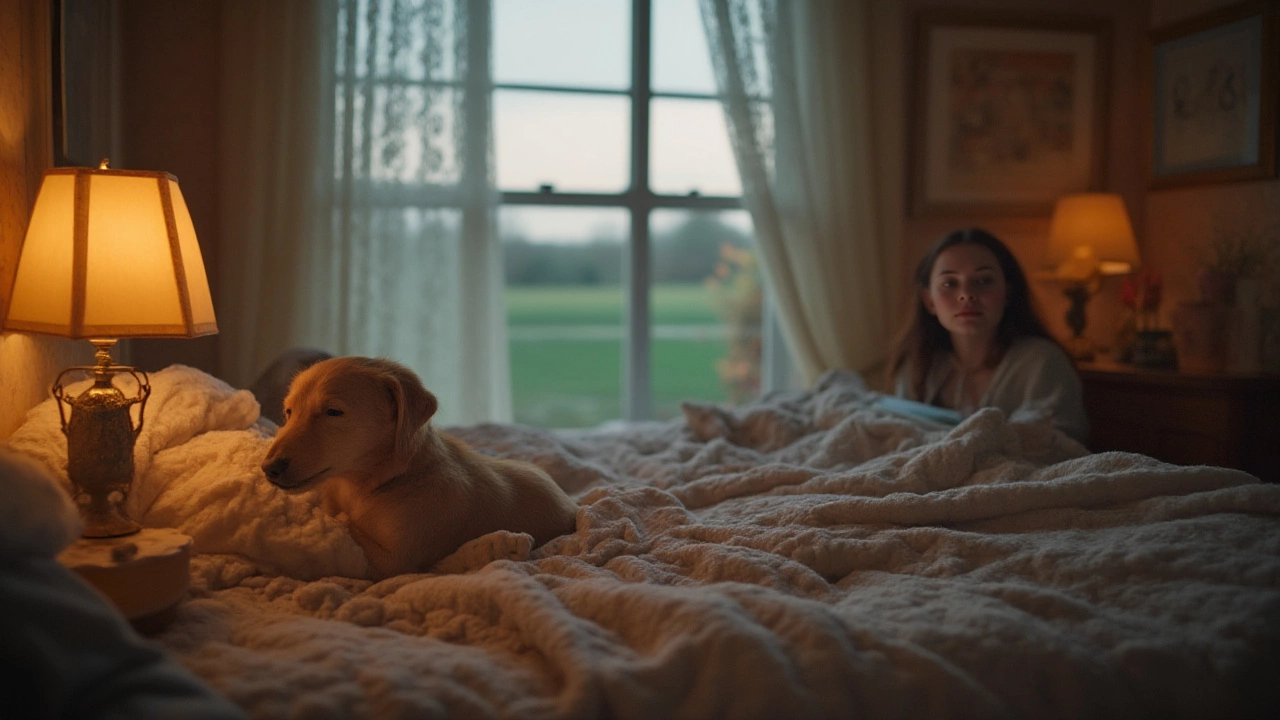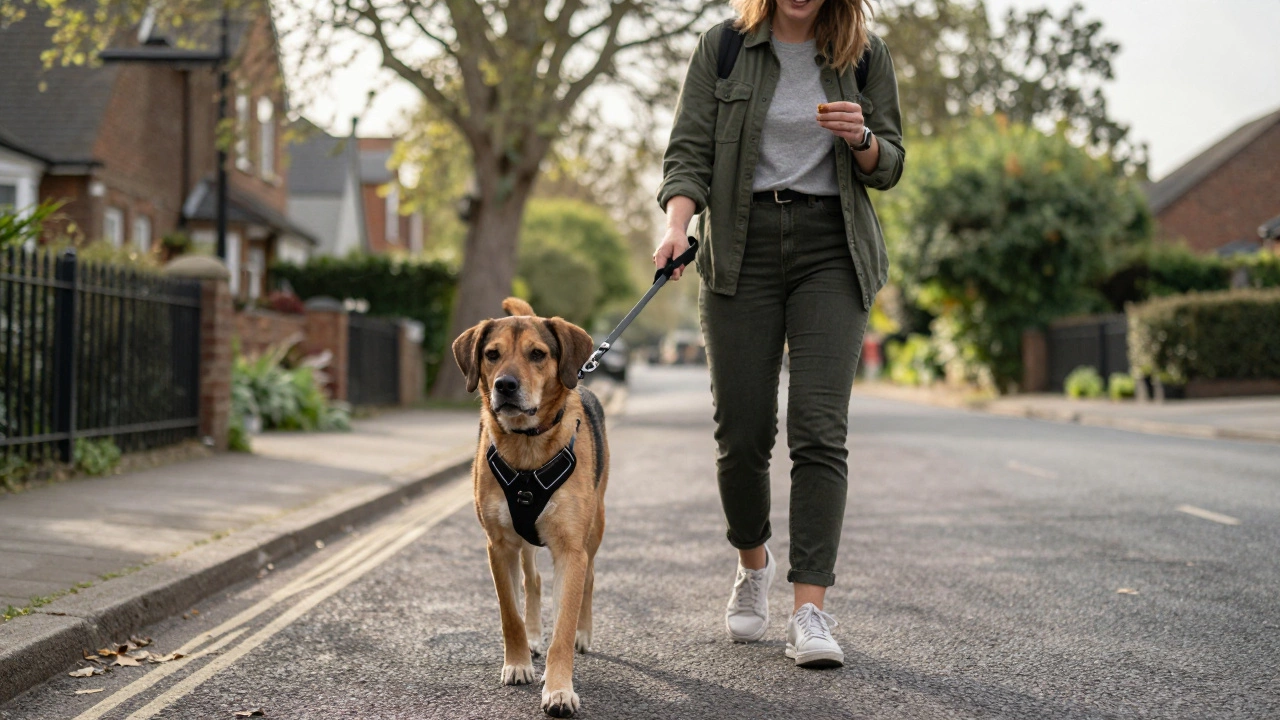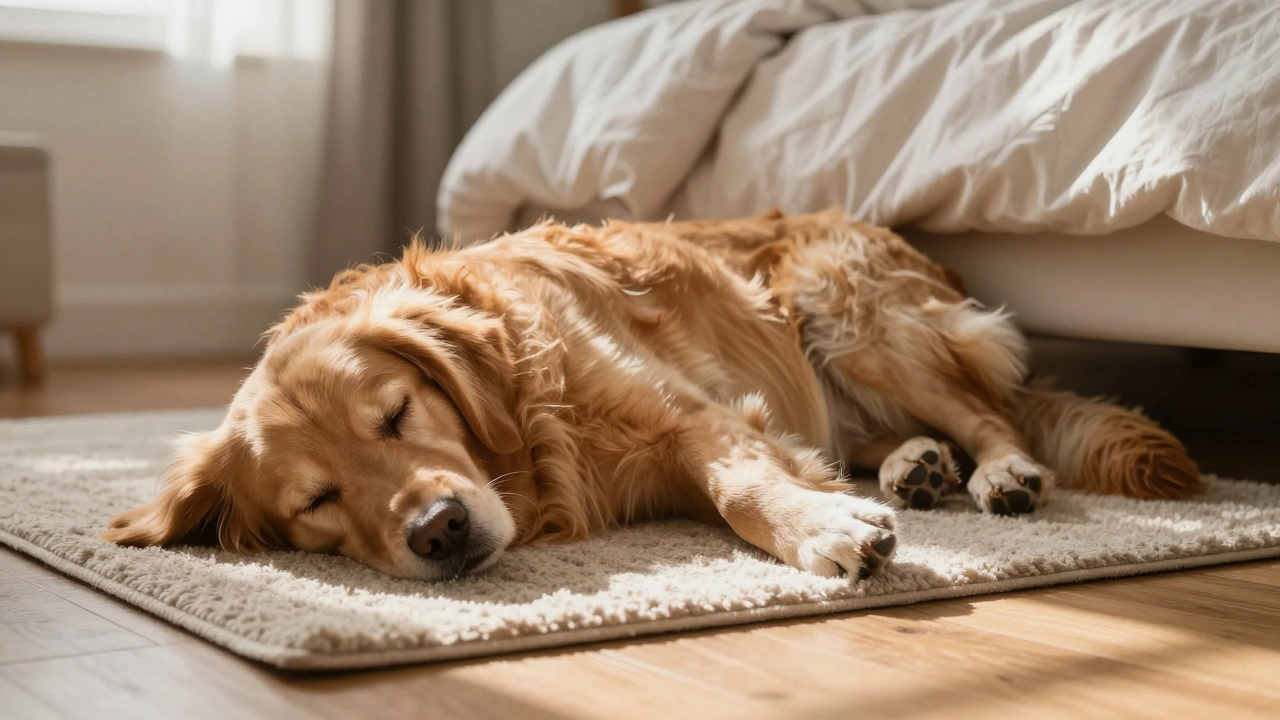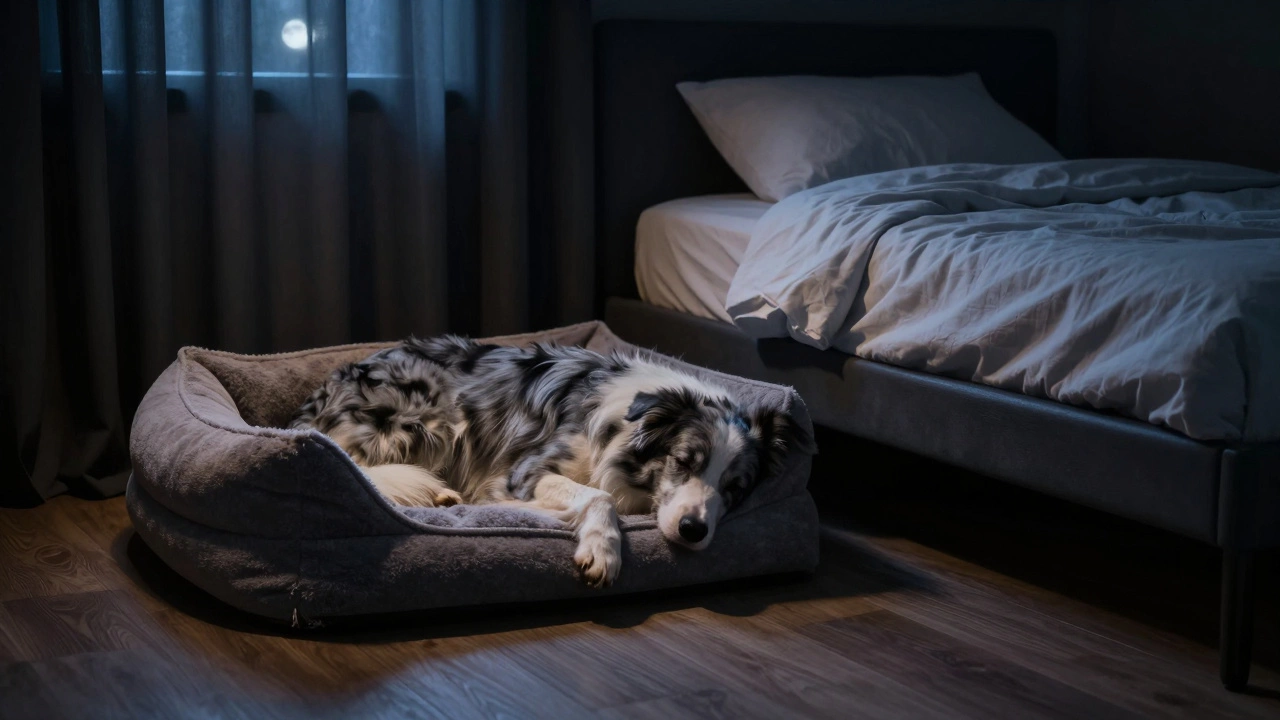Puppy Separation Anxiety: Quick Ways to Keep Your Dog Calm
First day home? Your new puppy might whine, bark, or pace the moment you walk out the door. That’s separation anxiety kicking in, and it’s more common than you think. The good news? You can teach your pup to feel safe when you’re not around with a few easy steps.
Why Puppies Get Anxious When Left Alone
Puppies are used to being with their litter and mother. Suddenly being alone in a new house can feel scary. They may associate your departure with loss, so they try to get your attention. Stress hormones rise, and the behavior can become a habit if not addressed early.
Typical signs include excessive barking, chewing, house‑soiling, and following you from room to room. When you notice these, it’s a cue to start a calming routine right away.
Proven Ways to Reduce Separation Stress
1. Create a safe space. Pick a crate or a quiet room with a comfy bed, a chew toy, and a blanket that smells like you. Keep the area low‑key—no big play sessions right before you leave.
2. Practice short exits. Start by stepping out for just five seconds, then return. Gradually increase the time by a minute or two each day. Your pup learns that “away” is only temporary.
3. Keep arrivals low‑key. When you come back, stay calm and ignore excited greetings for a minute. This tells your puppy that leaving and coming back are normal, not a big event.
4. Use background noise. A radio or a white‑noise machine can mask outside sounds that trigger barking. Soft music also helps some dogs settle down.
5. Offer a puzzle toy. Stuff a Kong with peanut butter (xylitol‑free) or freeze a treat‑filled toy. The mental challenge keeps the mind busy while you’re gone.
6. Exercise before departure. A brisk walk or a short play session burns off excess energy, making it easier for the puppy to relax.
7. Consistent routine. Dogs thrive on predictability. Feeding, potty breaks, and walks at the same times each day reduce overall stress.
If anxiety persists after a few weeks, consider talking to a vet or a local pet‑care expert in South Tyneside. Sometimes a mild supplement or professional training plan can make a big difference.
Remember, patience is key. Your puppy is learning a new world, and a calm, steady approach will teach them that being alone isn’t scary. With these tips, you’ll both enjoy a more relaxed home life.
Should You Pick Up a Puppy Every Time It Cries? What Veterinarians Really Say
Picking up your puppy every time it cries might feel comforting, but it can teach them to cry for attention. Learn what veterinarians recommend to help your puppy learn to self-soothe and grow into a calm, confident adult dog.
Should You Leave a Puppy Alone on Its First Night?
Leaving a puppy alone on its first night can cause fear and long-term anxiety. Learn how to make the first night safe and calm without creating bad habits, and set the foundation for a confident, well-adjusted dog.
Should You Let Your Puppy Sleep in Your Room? Pros, Cons & Real Owner Stories
Should you share your room with your new puppy? Get the facts, benefits, and expert-backed tips for room-sharing and how it shapes your pup's behavior.

